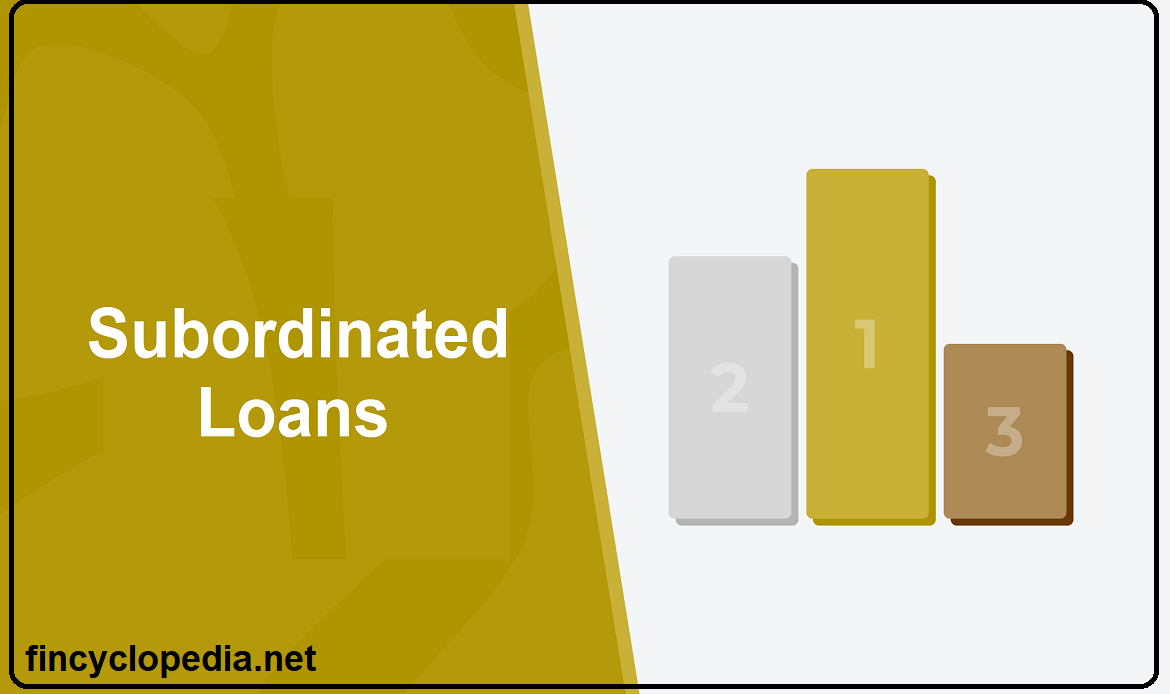A financial instrument that combines at least one derivative contract with underlying assets such as stocks and fixed-income securities. It is a hybrid instrument that consists of at least two financial components: usually an equity competent and a debt competent. The equity component is equivalent to a long-term option, while the debt component is equivalent to a debt security (like a bond).
Structured financial instruments are very much similar to derivatives in the sense that both types of instruments have an underlying. The value of the underlying is typically set against a given strike price in order to determine the eventual outcome or performance of the product: if the underlying price is less or equal to the strike price, the holder will get the strike price. Otherwise, the holder will get the underlying instrument.
Overall, structured financial instruments represent sliced, diced, and repackaged pools of underlying assets for multiple purposes and considerations including spreading risk, improving returns, diversification, etc.







